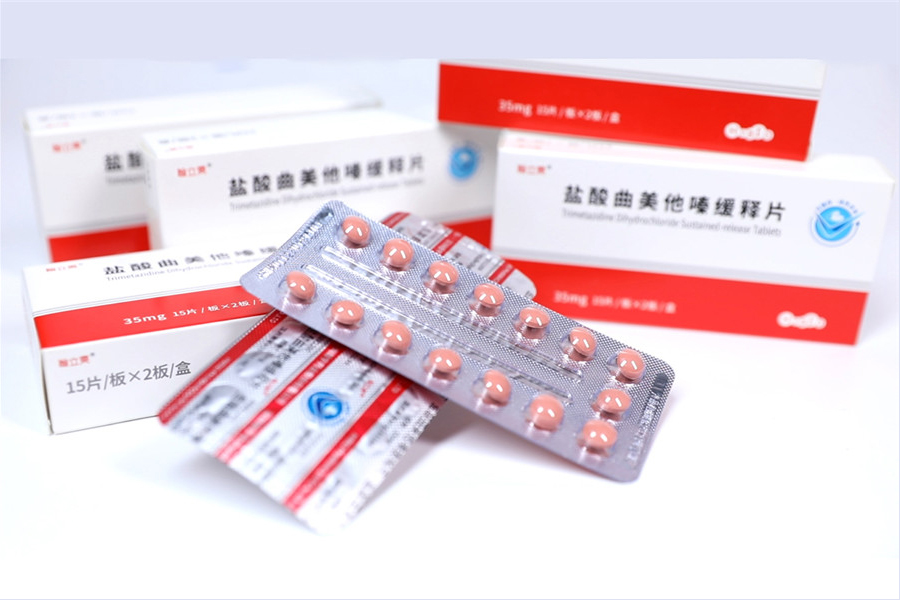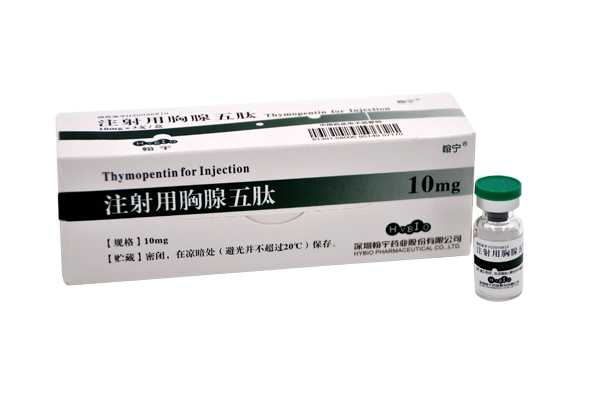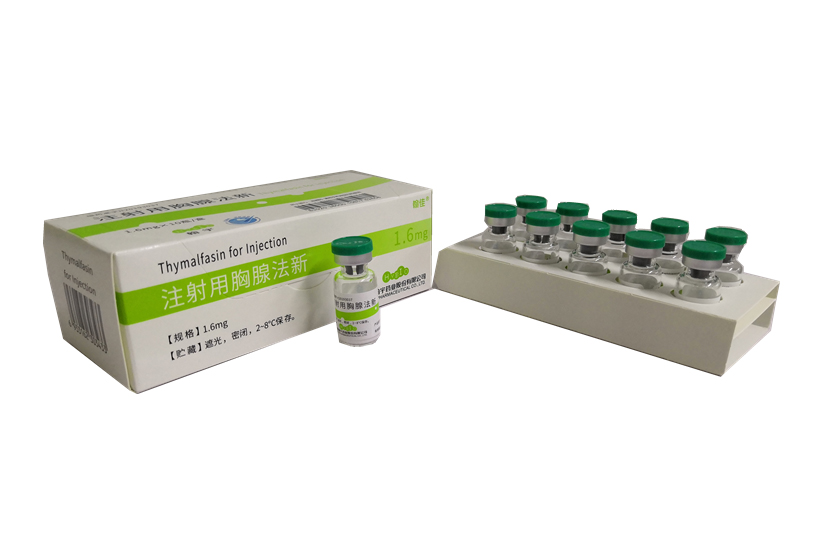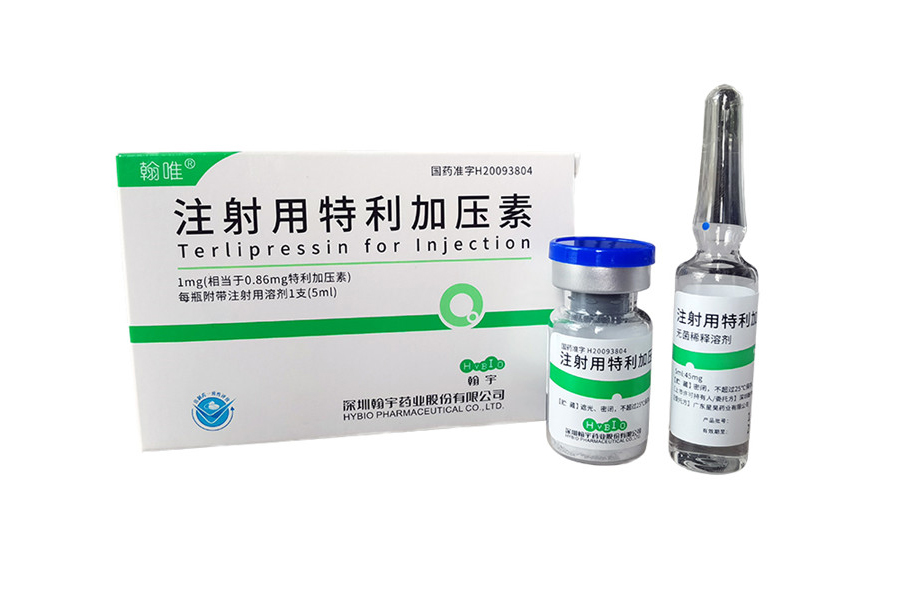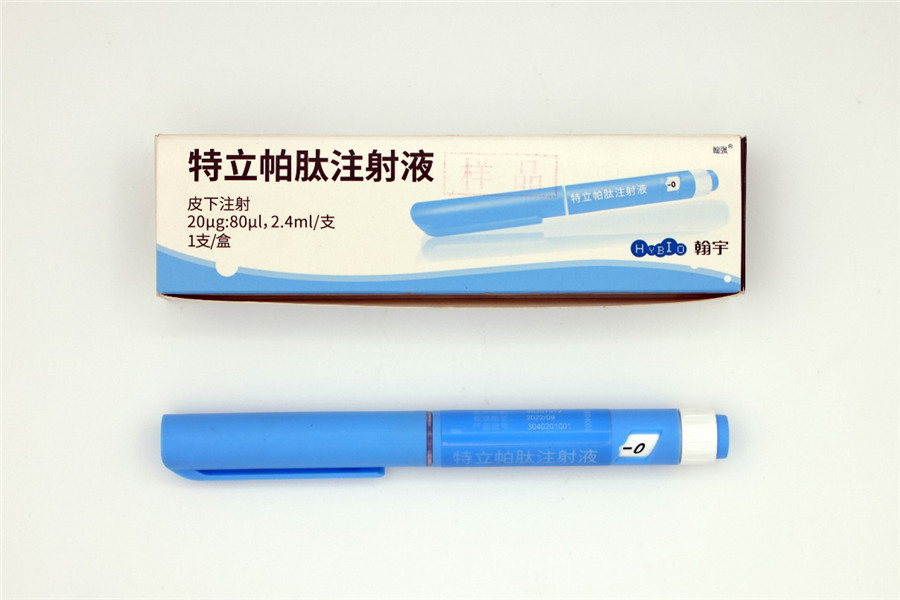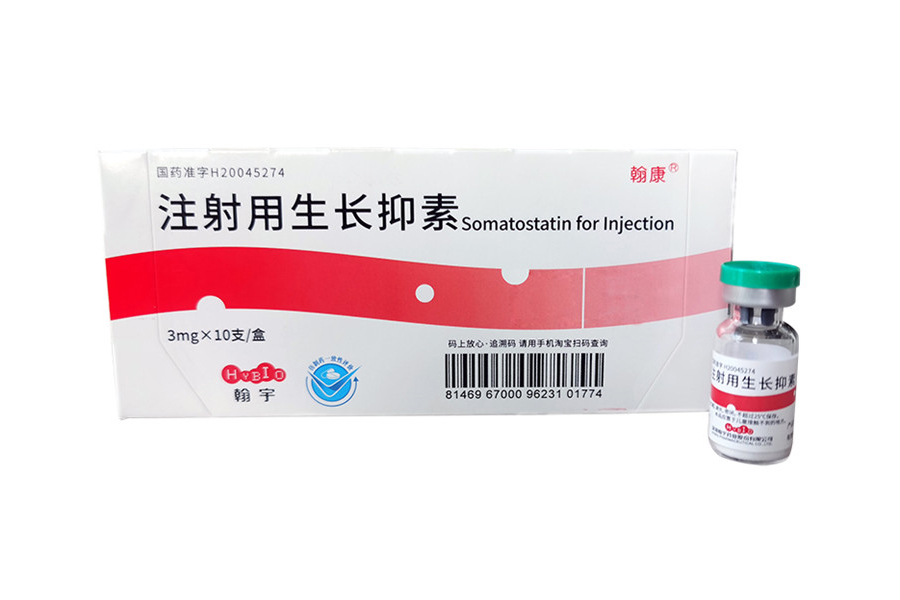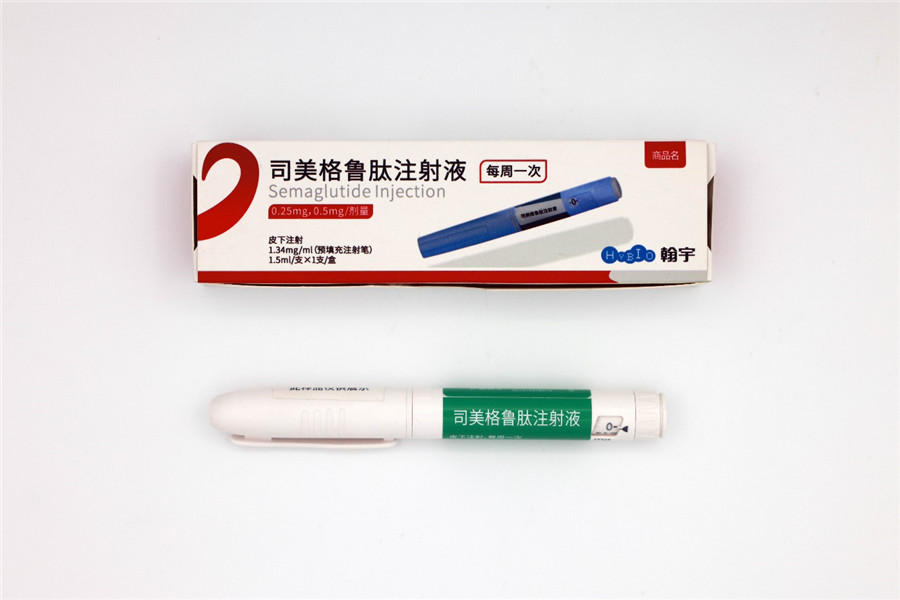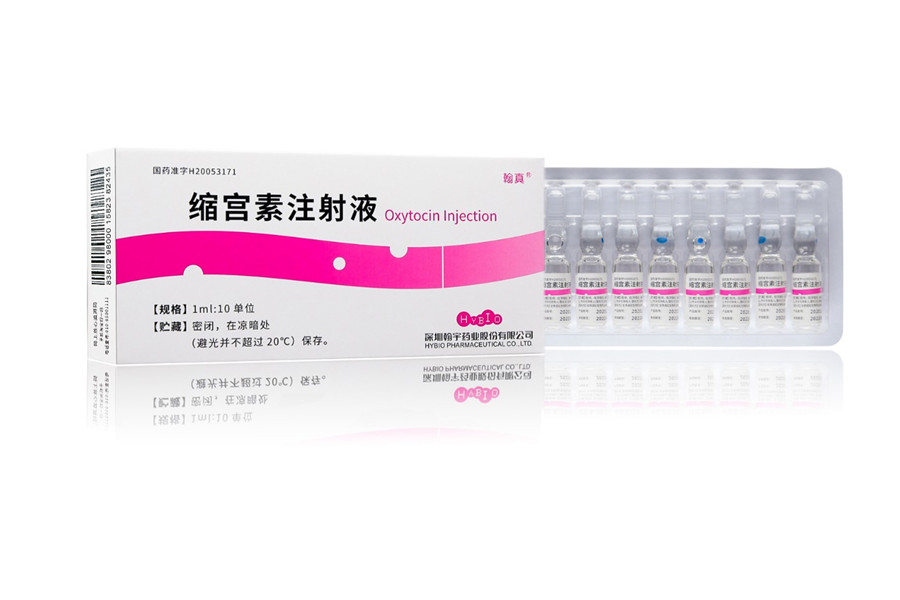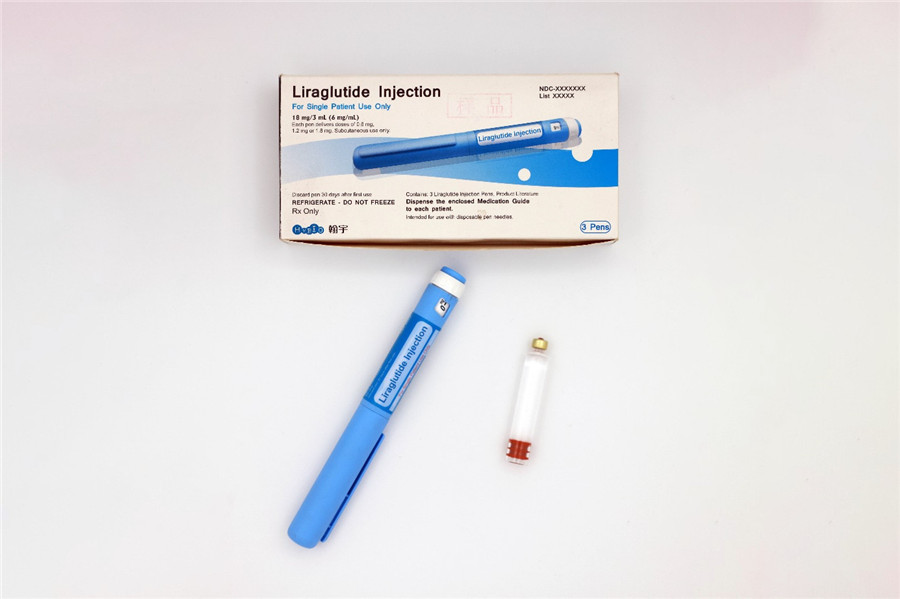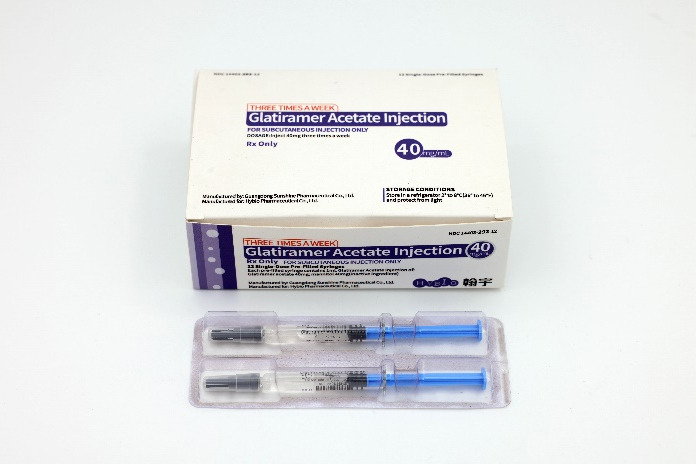0102030405
Trimetazidine Tablets
product description
Chemical Composition:
Trimetazidine dihydrochloride is the active ingredient, functioning as a metabolic modulator that shifts cardiac energy metabolism from fatty acid oxidation to glucose oxidation.
Mechanism of Action:
This shift in energy substrate preference helps to maintain ATP production efficiently, even under conditions of limited oxygen supply, like ischemia. This metabolic optimization reduces intracellular acidosis, protects against free radical damage during reperfusion, and decreases the frequency of angina pectoris episodes.
Indications and Usage:
Trimetazidine is indicated for the treatment of ischemic heart disease (angina pectoris, secondary prevention of myocardial infarction) and in some regions, for symptomatic treatment of vertigo and tinnitus.
Administration and Dosage:
The tablets are administered orally, with the dosage typically set at 35 mg twice daily, though adjustments may be made based on clinical response and tolerance.
Efficacy and Outcomes:
Clinical trials have demonstrated Trimetazidine's effectiveness in reducing angina attack frequency, improving exercise tolerance, and enhancing overall quality of life in patients with coronary artery disease.
Side Effects:
Most common side effects include gastrointestinal disturbances, dizziness, headaches, and fatigue. Rarely, it may cause parkinsonian symptoms (which are generally reversible upon discontinuation), rash, and pruritus.
Contraindications and Precautions:
It is contraindicated in patients with Parkinson's disease, severe renal impairment, or a history of hypersensitivity to the active substance. Caution is advised in elderly patients and those with moderate renal impairment.


